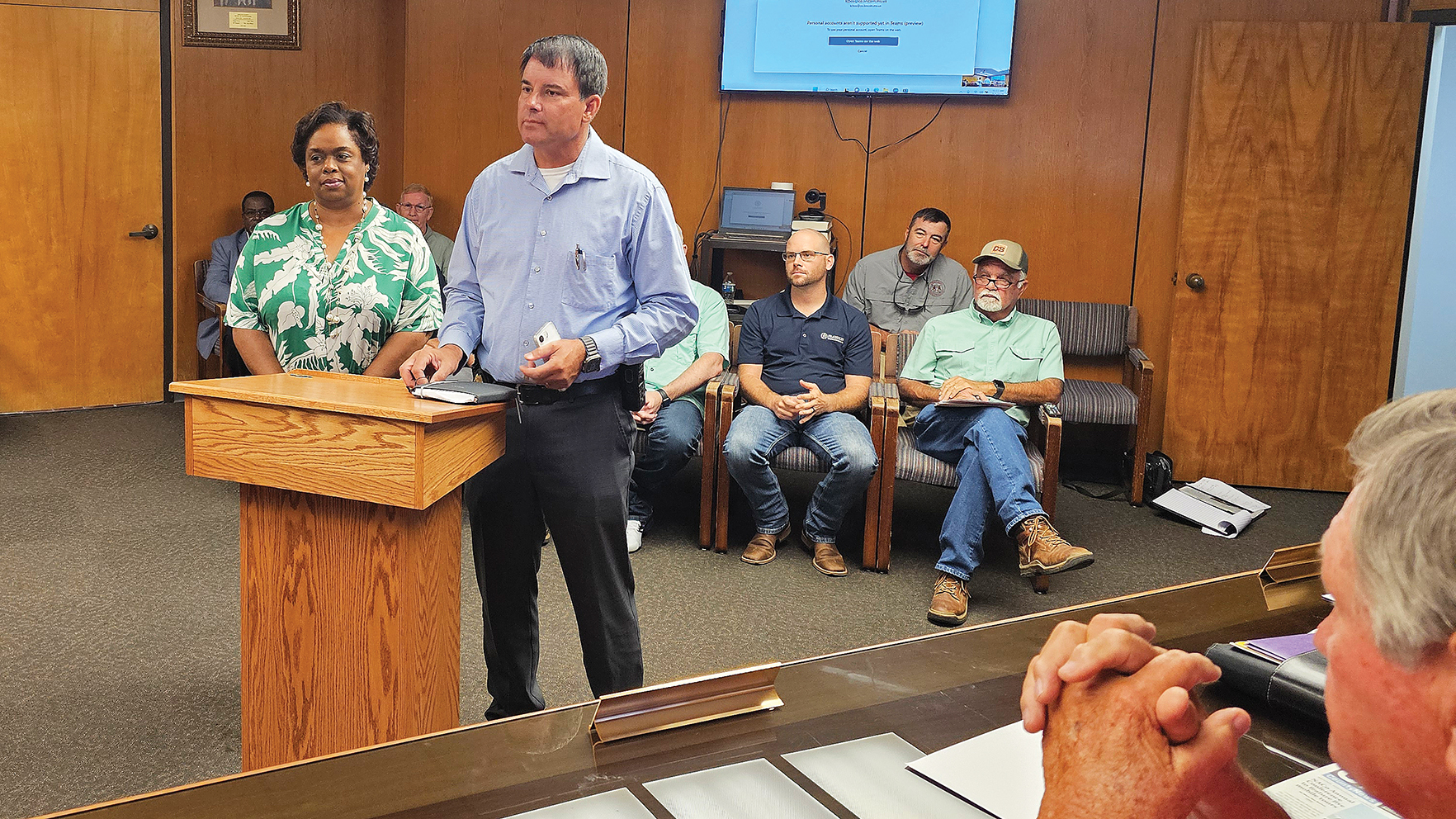Authorities issue new warning on old scams
Published 5:00 am Thursday, September 18, 2008
Authorities are once again reminding local citizens that if theyreceive a check they were not expecting from a company they don’thave a previous relationship with, it’s probably too good to betrue.
Lincoln County Chief Deputy Johnny Hall said area residents arereceiving checks from Canada-based companies with instructions tocash them and then send a small amount of “tax” money back to agiven recipient.
“If it looks too good to be true, it probably is,” Hall said.”Because after you cash that check and send that money back, itcomes back on you.”
Trending
Hall said that after one potential victim brought in the checkand the letter that came with it, he called the number. He said theperson on the other end of the line hung up on him when heidentified himself as an investigator. When he called back, thecall went to voice mail.
District Attorney Dee Bates said the scam is one that his officehas been dealing with for quite some time.
“It’s a constant battle is what it is,” Bates said, adding thatthe Royal Canadian Mounted Police have a Web site where people canreport the checks.
“The true story is that if it’s too good to be true it’sgenerally not true,” Bates said. “Look at what you’ve received andif it’s suspicious and it came through the mail, bring it to us orthe police or go to the postal inspector in Brookhaven or BogueChitto.”
Bates said the check scammers are preying on people’s basicneeds, as well as greed. He said to keep in mind that reputablecompanies never ask for anything in return.
“If you are getting a check from a reputable corporation thatyou won money from, you won’t be paying taxes to them, and you’llnever have to send money back,” he said. “Something should go offin your head that there’s something wrong.”
Trending
Bates said time is of the essence when reacting to receiving oneof the checks in question because the scammers are operating onprepaid cell phones and numbers are constantly being rotated out soas not to be traced.
“Keep the letter, and the envelope to show where it’s mailedfrom,” he said. “For the police, it’s almost impossible to dealwith this because it’s such a short time before the number turnsover. These people send a letter and don’t get a response, so theymove on to the next number. The numbers are no good after a shortperiod of time.”
Bates said that’s where the Canadian authorities come in. TheWeb site, www.recol.ca, is the tool of a branch of the CNMP called”Phone Busters,” who attempt to track and catch the scammers.
“For what Phone Busters is doing, they want a copy of thatletter that shows where it’s been mailed out of Canada,” he said.”They want to use the information you get to set up a sting.”
But Hall and Bates both warn that scams can come in all shapesand sizes, and that when consumers receive a call or letter fromsomeone they do not have a prior relationship with, they shouldproceed with extreme caution.
“We have people reporting calls from an unknown caller askingabout debt consolidation, saying ‘We can help you,’ and asking forpersonal information,” Hall said. “Basically if you feeluncomfortable talking to these people, don’t offer them anyinformation. And be careful submitting your information over theInternet too, because someone could get that as well.”
Bates added that people have also reported scams where they havebeen told they owe a certain amount of money on an outstandingaccount and need to make a payment over the phone.
“Always ask them to mail you a bill in that situation, if you’renot aware of the debt,” he said.
And while there are many precautions to take against identitytheft and scammers, Bates said sometimes prevention can be as easyas stopping by the post office.
“Never mail your bills by your residential mailbox, because whathappens is people will drive by your mailbox before the mailmancomes by, and they can take your outgoing mail and they’ll haveyour Visa number and bank account all in one envelope,” he said.”If you mail something like that, put it in the post office ormailbox in front of the court house.”
And, authorities say, vigilance is something consumers will needto continue to focus on, as fraud and identity theft are becomingincreasingly prevalent in the Information Age.
“You’ve got to watch that you don’t become complacent. We aregoing to be dealing with this for the rest of our lives, as willour children and grandchildren,” he said. “It’s a new concept, butit’s here to stay.”
Area residents who think they may have been the target of a scamare encouraged to call the District Attorney’s office at (601)833-3811, their local authorities, or if they have received a checkfrom a Canada-based company, call Phone Busters at (888)495-8501.





